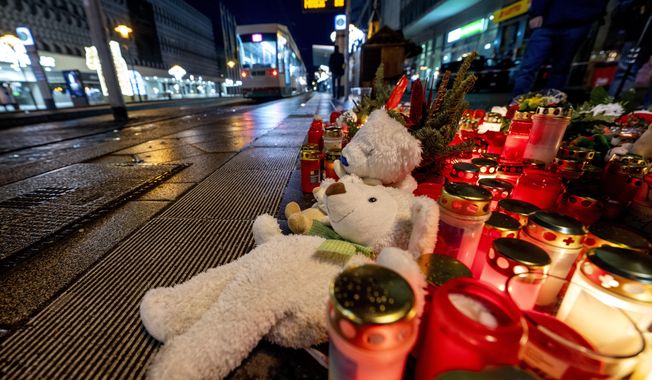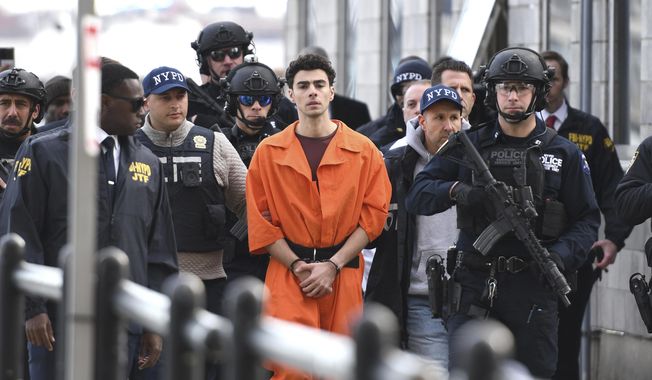
A nurse checks a dialysis patient at a governmental hospital, in Tripoli, Lebanon, Thursday, July 16, 2020. Just as Lebanon faces a surge in coronavirus cases, hospitals are cracking under the country's financial crisis. They are struggling to pay staff, keep equipment running or even stay open amid shortages in key supplies like anesthesia and sutures. The health sector has long been one of the best in the Middle East, with its private hospitals drawing patients from around the region. But with dollars in short supply and the state unable to pay insurance bills, hospitals are having to turn away patients and close wards to cut costs. Public facilities, on the front line of the coronavirus fight, are too underfunded and understaffed to fill the gap. (AP Photo/Hussein Malla)
Featured Photo Galleries










Trump Transition: Here are the people Trump has picked for key positions so far
President-elect Donald Trump has announced a flurry of picks for his incoming administration. Get full coverage of the Trump transition from The Washingon Times.




